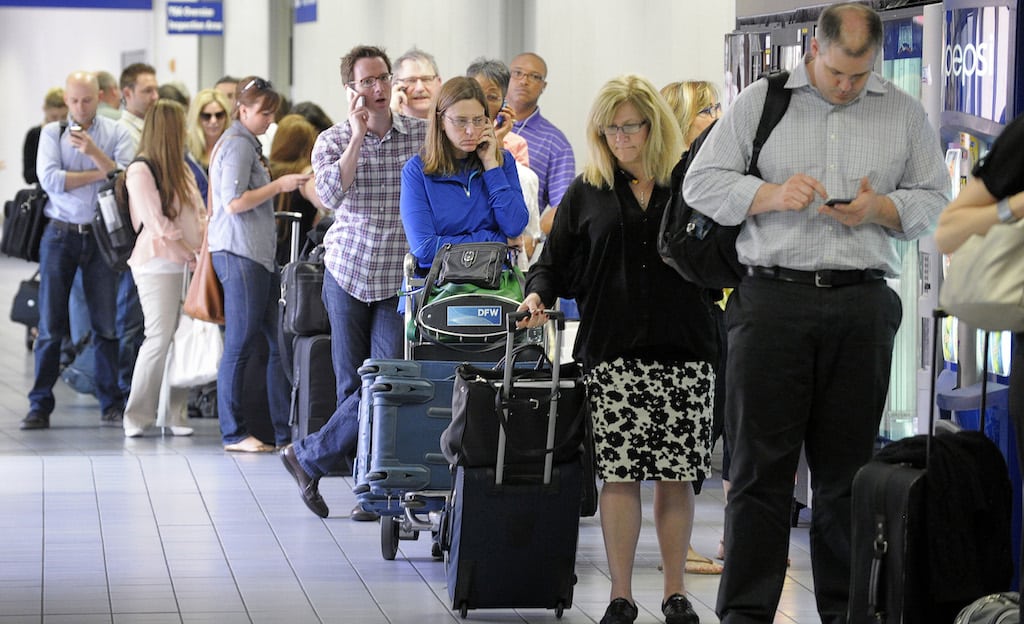Skift Take
In the past, whenever new distribution initiatives came to the fore, airlines, distribution systems and travel agencies would go to war over the details. With IATA's New Distribution Capability, a dialogue has emerged, although the devil will be in the details, and the Global Business Travel Association remains highly suspicious of the plan.
The U.S. Department of Transportation tentatively approved the International Air Transport Association’s proposed New Distribution Capability, which creates technology standards for the way airlines transmit information about ancillary services to travel agencies, corporations, and global distribution systems.
The proposal contains revisions worked out between IATA and trade groups to ensure that passengers aren’t required to submit personal information to gain access to these services, but airlines importantly retain the option to ask for additional personal information on a voluntary basis so they can offer customized services to individual passengers or groups of passengers.
“The new data transmission standard to be developed under the IATA proposal would facilitate the development of systems to allow consumers and travel agents to readily access the information they seek, and make meaningful comparisons among all the choices in the marketplace, without necessarily having to check multiple sources,” the DOT states.
“It would also enable travel providers to develop systems to better tailor their offerings to the needs of individual travelers with customized price quotes including not only the air fare but also ancillary services.”
While trade group Travel Tech, which represents major online travel agencies and global distributions systems (GDS), welcomed the DOT’s tentative decision as an “affirmation that consumers deserve transparency, choice, and privacy when shopping for travel services,” and IATA was bullish about its proposal getting the DOT nod, as well, the Global Business Travel Association, which represents corporations and corporate travel agencies, expressed concern about the proposal’s unintended consequences.
The GBTA also vowed to develop “a voluntary code of conduct to the airline community to continue to work toward a cooperative industry solution.”
“Airlines that wish to continue to build on long-established relationships with the business travel community must consider the content of the voluntary code of conduct to ensure whichever business model they choose also supports the managed travel principles of data capture, transparency in pricing and access to content through chosen channels, as well as a corporation’s responsibility for care for their travelers,” said Michael McCormick, GBTA executive director.
The DOT’s tentative decision is a major step forward for IATA’s New Distribution Capability. That’s because although the group is creating global technology standards, the initiative likely would have been scrapped had it been rejected in the U.S.
A comment period about the tentative approval will run through June 11, 2014.
The Daily Newsletter
Our daily coverage of the global travel industry. Written by editors and analysts from across Skift’s brands.
Have a confidential tip for Skift? Get in touch
Tags: ancillary services, fees, gbta, iata
Photo credit: Passengers line up to get boarding passes in Terminal C at DFW Airport on Tuesday, April 16, 2013, in DFW Airport, Texas. Max Faulkner / Fort Worth Star-Telegram/MCT
